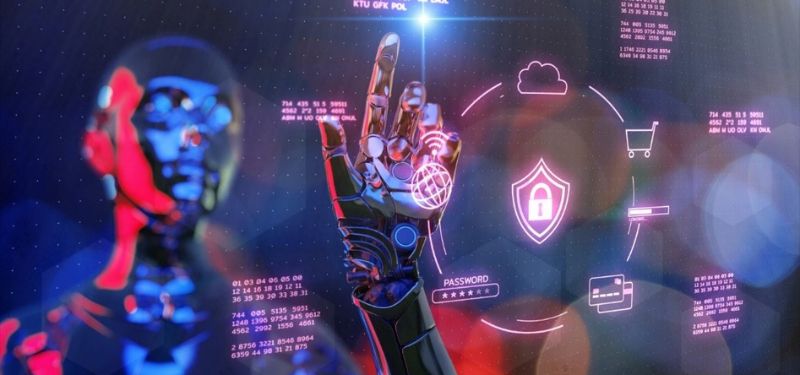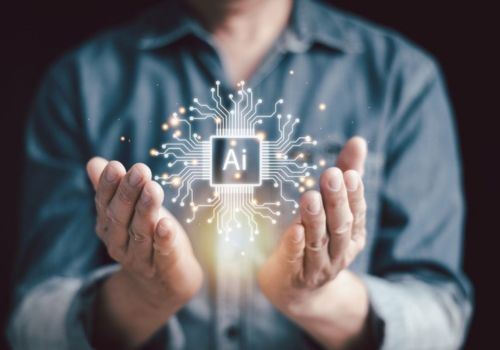Artificial Intelligence (AI) is rapidly changing the world, and cyber security is no exception. AI is being used to develop new and innovative ways to detect and prevent cyberattacks. However, at the same time, it has also created new cybersecurity risks that business owners must be aware of. Artificial intelligence and cyber security already have a symbiotic relationship that will continue to grow and change the digital landscape.
How is AI Changing the World of Cyber Security?
69% of IT professionals believe AI will be necessary to respond to future cyberattacks. However, that future is already upon us, and AI-powered cybersecurity tools are already being used to detect and prevent cyberattacks in the following ways:
- Analyze large amounts of data to identify potential threats
- Generate reports and insights that help organizations improve their security posture
- Rapid incident response through automated processes
- Automate tasks freeing up security analysts to focus on more strategic initiatives
- Improve user authentication through biometrics and behavioral analysis
AI is still a relatively new technology, but it has already become an integral tool in protecting against threats and has the potential to completely revolutionize the field of cyber security.
AI Also Creates Cyber Security Risks
While combining artificial intelligence and cyber security has tremendous benefits, it also has the potential for malicious intentions. Where entities use it to exploit vulnerabilities, bypass security measures, and engage in criminal activities that are detrimental to others. The fact that AI is used to help bolster cyber security is reason enough to be wary of its potential for criminal intent.
At the same rate, AI is used to learn and adapt to threats; cybercriminals are also harnessing its power to devise more sophisticated and evasive attack techniques. Here are some of the cyber security risks created by AI:
- AI-driven malware can develop more sophisticated malware that can adapt to security measures and avoid detection making traditional antivirus software obsolete.
- Deep fake threats, both audio, and video, can be used to impersonate to spread disinformation and damage the reputations of individuals and businesses.
- Elaborate phishing attacks where AI uses sophisticated algorithms to create tailored messages that are more enticing to open and more complex to detect and block.
- Discover and utilize zero-day exploits and find previously unknown vulnerabilities before patches are developed to prevent them.
How Your Business Can Mitigate AI-related Attacks
There are several steps that organizations can take to minimize the risks created by AI. You can start by educating and training employees on current AI-related security threats and the best practices to handle them. There are also several AI-powered security tools available that can help organizations detect and prevent cyberattacks. Another option would be to hire a professional outside provider like TCI Technologies to help safeguard your business.
Artificial Intelligence and Cyber Security: The Need for Perpetual Preparedness
AI and cyber security have both unveiled unprecedented potential in their own right. It can and is a powerful tool for so many things, and to try and avoid it will leave your business in the past. However, companies must stay vigilant. Cybercriminals will never relent and have only begun using AI in their tactics.








